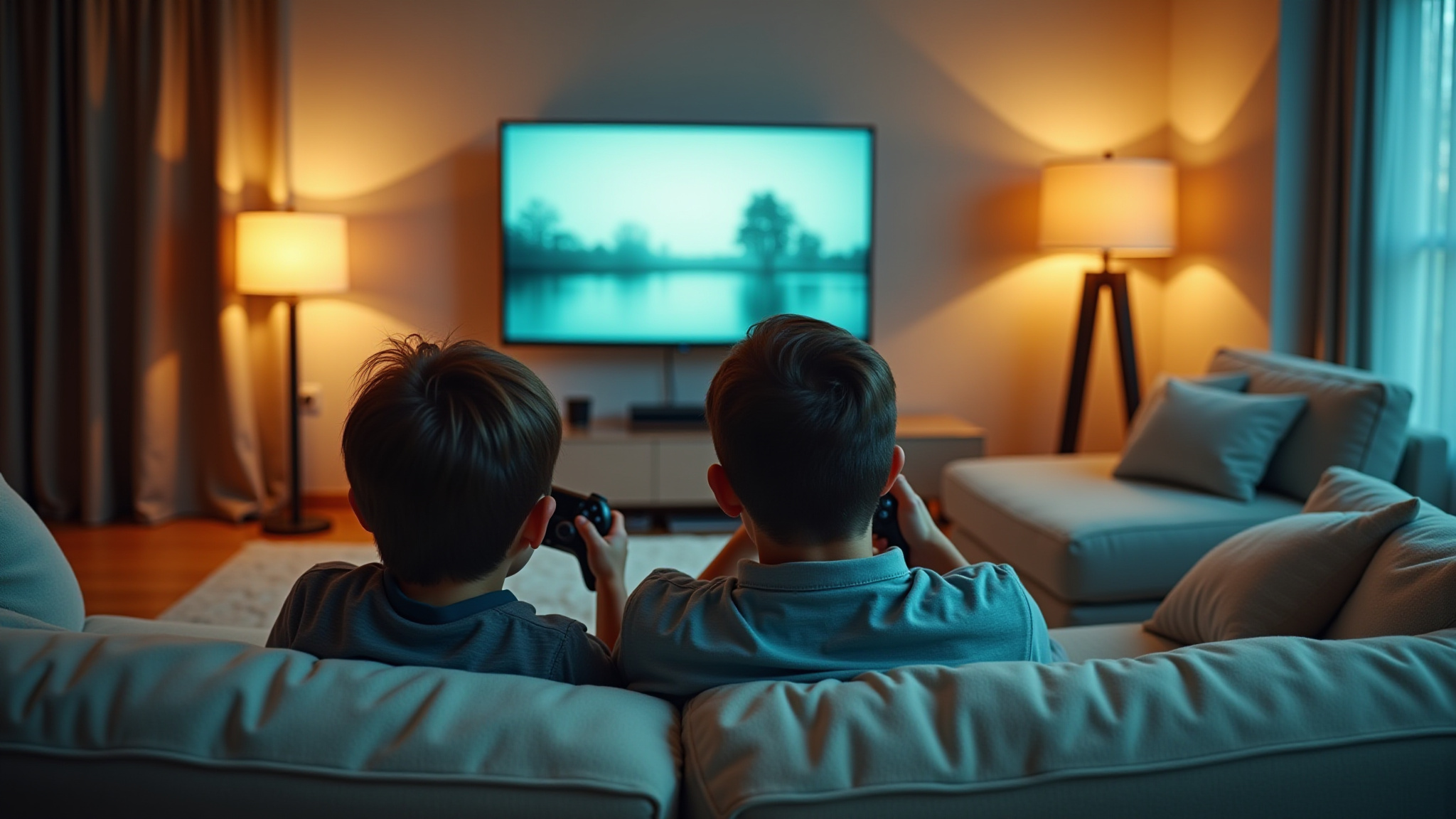
“Play is the highest form of research.” - Albert Einstein.
There is incredible power of play, especially within therapy settings. Using games, we can bridge communication gaps and develop meaningful connections.
“They Just Won’t Open Up”
We hear this all the time. At Game On Psychology we help break down those barriers.
We don’t view video games as distractions, we view them as opportunities: to connect, to understand, and to grow. Many young people, particularly boys and young men, struggle to engage in traditional therapy. Sitting face to face, making direct eye contact, and answering pointed questions can feel uncomfortable or even overwhelming, often leading to silence or resistance. By meeting clients in a space where they already feel at ease we remove those barriers and open the door to authentic communication. Combining evidence based approaches while integrating video games into therapy allows children, adolescents, and young adults to more likely to engage in meaningful conversation when they are immersed in a shared activity. Sitting side by side with a controller in hand lowers defenses and makes dialogue unfold naturally.
This model is more than just “playing games.” It is a structured clinical method designed to target specific therapeutic goals, including:
-
Building rapport quickly with resistant or reluctant clients.
-
Processing emotions indirectly through the highs and lows of play, such as losses, victories, and teamwork.
-
Teaching coping skills in the moment, including frustration tolerance, managing mood swings, and resilience after defeat.
-
Exploring vulnerability and identity in a context that feels less clinical and more approachable.
For parents, our model offers a new way to see gaming, not as a source of conflict, but as a tool for growth and connection. In parent/child co-play sessions, families discover how shared gaming experiences can strengthen bonds, improve communication, and turn screen time into meaningful time together.
At Game On Psychology, our mission is simple yet transformative: to break down the barriers that prevent young people from engaging in therapy, and to turn the language of play into a pathway for lasting change.

At Game On Psychology, we offer a balanced range of therapeutic services to meet the needs of children, adolescents, and young adults. Our innovative game-based therapies break down barriers to communication and foster authentic connection, while our traditional psychotherapy services provide evidence-based support for a wide variety of emotional and behavioral challenges. Together, these approaches create meaningful opportunities for growth, resilience, and stronger relationships.
Services We Offer
Game Based Therapy
Therapy takes place in a relaxed, side-by-side setting while playing video games together. This parallel play model allows children, adolescents, and young adults to express themselves more naturally, creating space for genuine conversation. Wins, losses, teamwork, and frustration become real-time opportunities to practice coping skills, build resilience, and process emotions in a way that feels less intimidating than traditional talk therapy.
Parent & Child Co-Play Therapy
In these sessions, parents join their child in guided gameplay facilitated by a licensed psychologist. Co-play shifts gaming from a source of conflict to a tool for connection, providing opportunities for teamwork, communication, and problem-solving. With the therapist’s guidance, everyday in-game challenges become teachable moments that strengthen family bonds, improve understanding, and create a more positive relationship around gaming.
Traditional Therapy
In addition to game-based services, we provide traditional psychotherapy tailored to the unique needs of children, adolescents, and young adults. Using evidence-based approaches such as cognitive-behavioral therapy (CBT), acceptance and commitment therapy (ACT), and supportive counseling, we address a wide range of emotional, behavioral, and relational challenges. Sessions focus on building self-awareness, improving coping skills, and fostering personal growth in a safe and supportive environment.
Play Therapy
Through creative activities like toys, art, and role-play, we help children process emotions, develop problem-solving skills, and communicate in ways that feel safe and engaging. Play therapy fosters growth by allowing children to explore feelings and experiences symbolically, without the pressure of direct conversation.
Social Skills Training
Many children and adolescents benefit from targeted support in developing social confidence. Using structured activities, role-playing, and interactive games, we help clients build essential skills such as communication, cooperation, perspective-taking, and conflict resolution. This training can be particularly helpful for those navigating peer challenges, anxiety, or difficulties with teamwork.
Executive Functioning Support
Strong executive functioning skills are key to success in school and life. We provide practical strategies to improve organization, planning, time management, and emotional regulation. Through goal-setting, structured play, and in-the-moment coaching, clients learn to build habits that support independence, resilience, and academic achievement.




